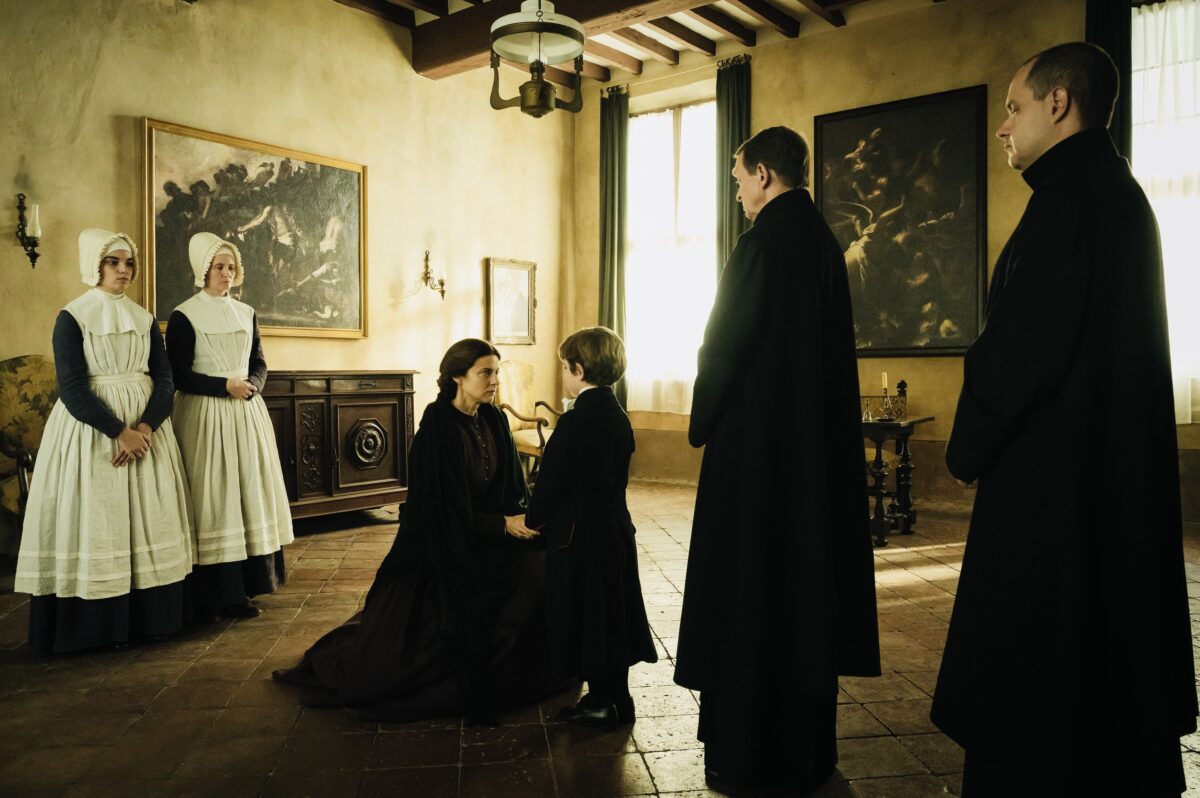As the Italian provinces gradually coalesced into a single nation from 1859 onwards, a process known as the Risorgimento, the emerging new state was convulsed by a scandal that pitted the Vatican against the forces of secularism and liberalism.
In 1858, Edgardo Mortara, the sixth child of Salamone (Momolo) and Marianna, was removed by papal police from his home in Bologna, a city in the Papal States. The Mortaras, a Jewish family, were shocked and distraught and did everything within their limited powers to be reunited with their son.
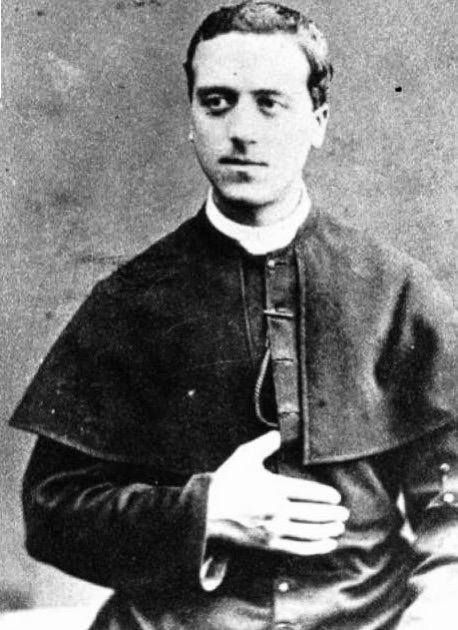
Edgardo, then about six years old, was transported to Rome and brought up and educated as a Roman Catholic. Pope Pius IX justified his removal on the grounds that he had been secretly baptized as a Christian. The Mortara incident, an internal and external cause celebre, took on added significance as Italy headed toward full unification in 1870.
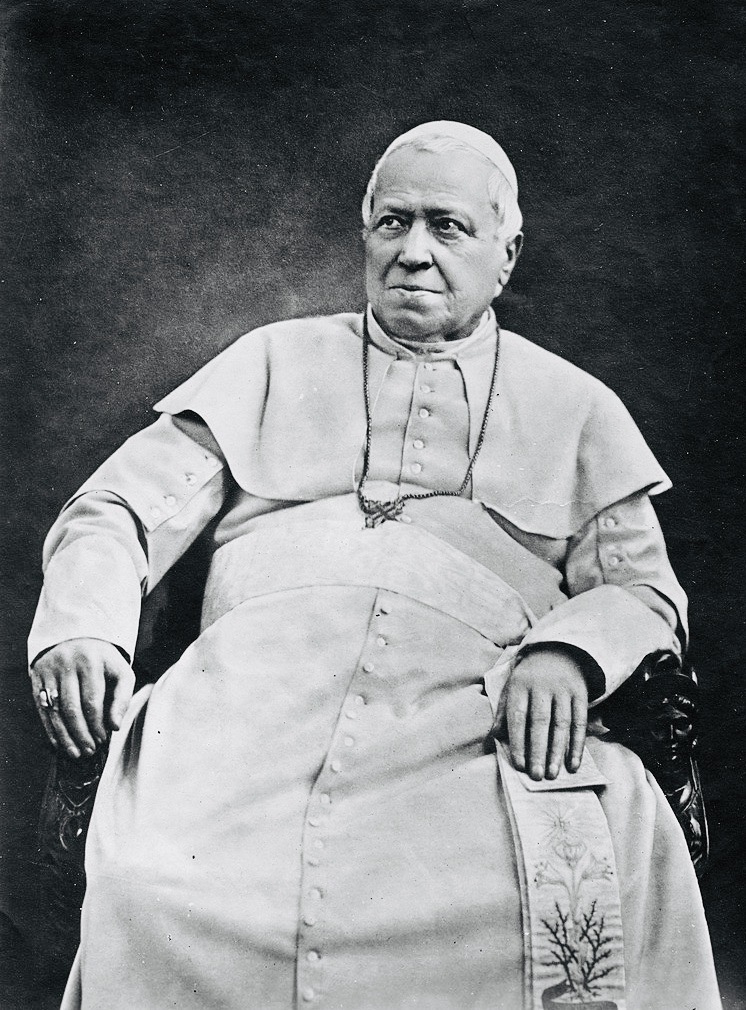
Marco Bellocchio’s seething drama, Kidnapped: The Abduction of Edgardo Mortara, unfolds over a 20-year period and, thanks to stellar performances from a first-rate cast, delves into this singular case with chilling skill and panache.
This 134-minute film, which opens in Toronto and Vancouver theaters on June 14, gets under way as a papal representative bursts into the Mortara’s apartment on the orders of the Vatican’s Tribunal of the Holy Office. The official does not know who baptized Edgardo, but assures his parents that it was done in full compliance with canon law.
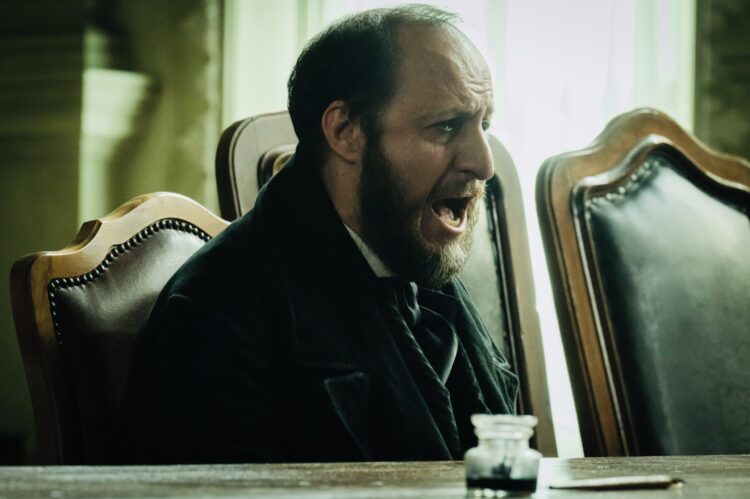
In desperation, Salamone (Fausto Russo) appeals to a cardinal who has been placed in charge of Edgardo’s welfare, but to no avail. “Resign yourself to it,” he tells Salamone coldly. The cardinal is portrayed as a Catholic purist who has little more than contempt for Jews due to their unwillingness to convert to Christianity.
With several years having elapsed since Edgardo’s abduction, Salamone visits the unsympathetic cardinal again. A baptism cannot be annulled and Edgardo will be a Christian forever, he’s told in no uncertain terms. The merciful Vatican, however, allows Salamone to see his son, and he reminds him to recite his Hebrew prayers every night.
As nuns escort Edgardo (Enea Sala) to a special institution in Rome in 1858, they compare him to Jesus. “He was Jewish like you,” says one of them, placing a silver crucifix around his neck. To Edgardo, the cross is like a good luck charm. The residence into which he is placed is reserved for converted Jews and Muslims.
As these events unfold, an advisor to the pope (Paolo Pierobon) informs him that the Mortara case has tarnished the Vatican’s image. The pontiff flies into a rage. “All the rabbis in the world won’t make me budge. I’m standing firm. We cannot give up the boy.”
Pius IX is fond of Edgardo, regarding him like a son. After he is officially baptized, the pope affectionately sits him in his lap and welcomes him into his new “family.”
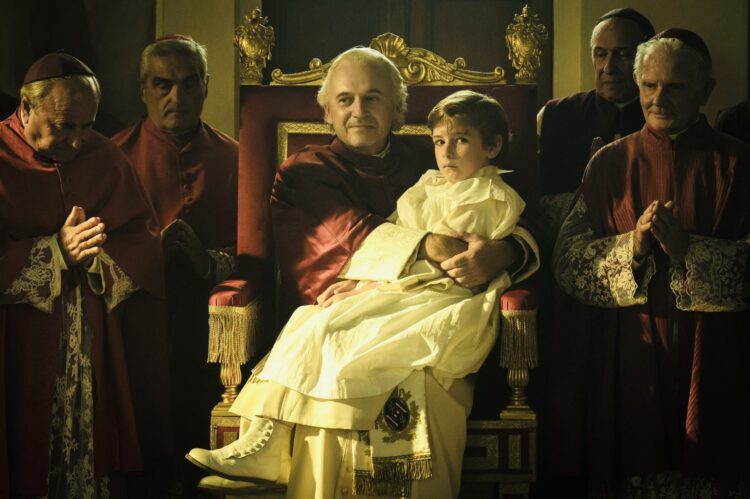
The yawning chasm between the church and the Mortara family is expressed in a split-screen scene during which the Mortaras chant their sabbath prayers at a festive meal and a priest in Edgardo’s class instructs his pupils in Catholic liturgy.
The film is atmospheric, faithfully conveying the ritualistic pomp with which the Vatican is inextricably associated.
Bellocchio also underscores the point that the Jewish community leadership was displeased with Salamone’s tactic of using the press to publicize Edgardo’s plight. Nonetheless, in a pivotal scene dripping with pathos, the pope contemptuously admonishes a subservient Jewish leader for having permitted Salamone to go that far.
The Vatican, as it is portrayed here, does not stray from official dogma. At one point, a cardinal informs Salamone that Edgardo will be released only after he and his family have converted to Christianity. In a poignant segment, his grieving mother (Barbara Ronchi) rips the crucifix off Edgardo and promises him that he will come home one day soon. Her touching words affect Edgardo.
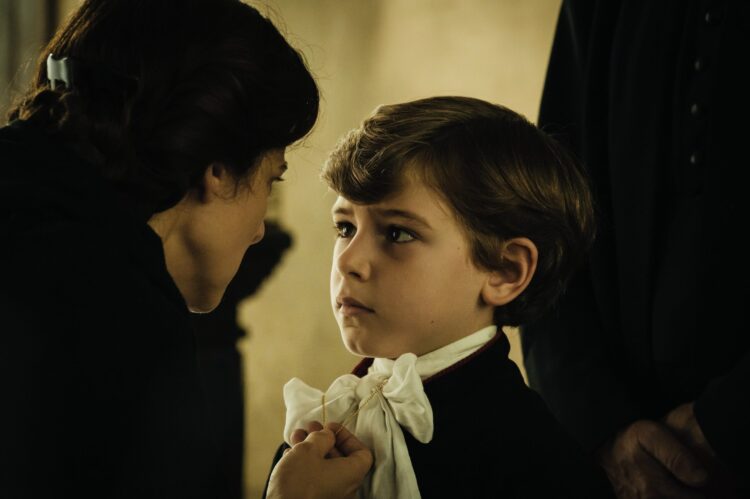
As the film reaches its denouement, rebels in Bologna rise up against papal rule, the buxom house maid who unilaterally converted Edgardo confesses, and the adult Edgardo (Leonardo Maltese) embraces Christianity unreservedly, though he is sorry that his parents were subjected to such suffering.
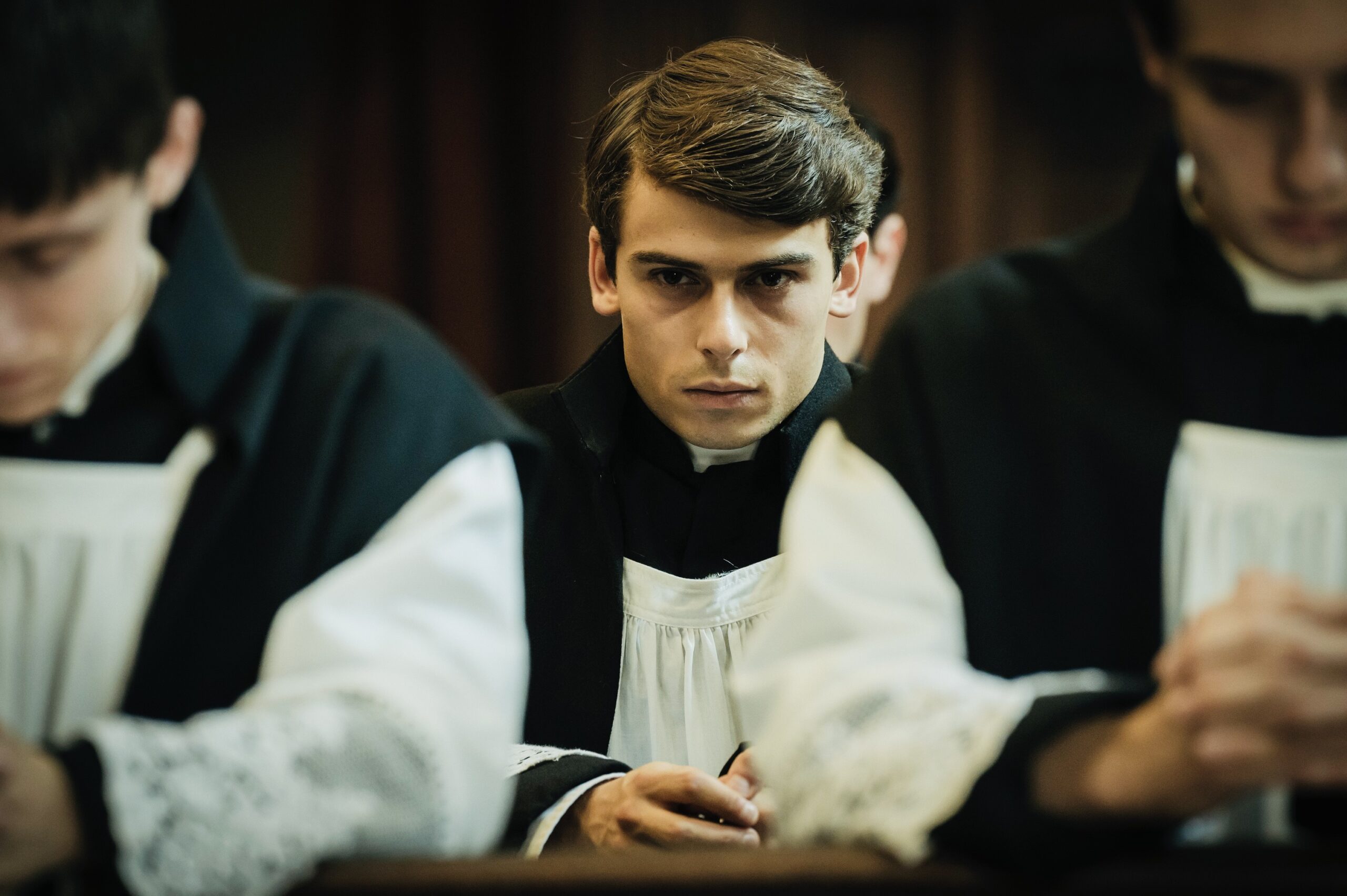
Kidnapped: The Abduction of Edgardo Mortara is a deeply-felt film that revisits an unsavory and unsettling episode in the annals of the Vatican’s mercurial relationship with Jews. It pulls no punches and exposes an incident that the Vatican most likely would rather forget.
